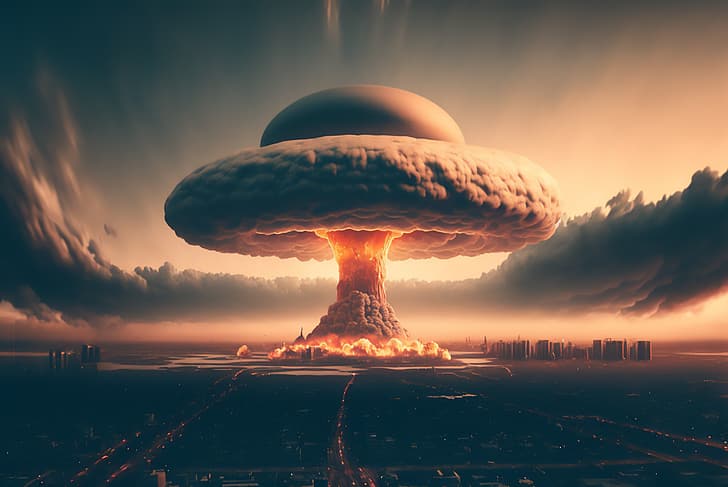About Us
Contact Us
Advertise With Us
Disclaimer
Privacy Policy
Terms & Conditions
Copyright © 2024 - BoldDiscussions.com

The specter of World War Three (WWIII) has haunted humanity since the horrors of the Second World War. With news dominated by conflicts in Ukraine, the Middle East, and whispers of tension in Asia, it's natural to wonder if another global war is on the horizon. This article dives deep into the anxieties surrounding WWIII, exploring expert opinions, potential flashpoints, and reasons for cautious optimism.
Is War Inevitable? Separating Fact from Fear
There's no definitive answer to the question of WWIII's inevitability. Experts paint a complex picture. Some, like Hugh Lovatt, a senior policy fellow at the European Council on Foreign Relations, believe current conflicts are isolated events, not a prelude to a wider war. He argues that the Ukraine war and the recent Israel-Iran skirmishes, though concerning, are separate issues. However, others, like Deborah Haynes, Sky News' security and defense editor, express concern. She highlights the potential for these tensions to escalate, particularly if miscalculations or unintended consequences occur.
Flashpoints of Tension: Where the World Watches with Bated Breath
Several regions act as potential flashpoints for a wider conflict:
Reasons for Hope: Mitigating Factors and Paths to Peace
Despite the anxieties, some experts offer reasons for cautious optimism:
The Role of Alliances: A United Front or a Fragile Construct?
Military alliances like NATO play a crucial role in maintaining global security. Edward Arnold, a senior research fellow at the Royal United Services Institute (RUSI), emphasizes an important point: NATO membership doesn't guarantee an automatic military response to every attack on a member state. However, it acts as a strong deterrent by presenting a united front against potential aggressors. This discourages attacks by highlighting the potential for a wider conflict.
The Wildcard Factor: Donald Trump and the Uncertain Future of NATO
Dr. Luigi Scazzieri, a senior research fellow at the Centre for European Reform, introduces a potential wildcard: the future of NATO. He suggests that a weakened NATO under a potential Donald Trump presidency could embolden Russia to attack a Baltic state, triggering a wider conflict. A fractured alliance would be less effective in deterring aggression.
Beyond the Headlines: The Human Cost of Conflict
While the focus is often on geopolitical strategies and military might, it's crucial to remember the devastating human cost of war. Millions of lives are lost, displaced, or irrevocably altered during wartime. Beyond the physical toll, the psychological trauma inflicted on individuals and societies lingers for generations.
The Road Ahead: Maintaining Peace in a Turbulent World
The possibility of WWIII can't be entirely dismissed. It's a constant reminder of the fragility of peace. However, several factors offer hope:
Remember: Stay informed, but don't panic. World leaders are working to maintain peace, and most experts believe WWIII is avoidable.
Disclaimer.
This article provides information only and should not be construed as advice. It is provided without warranty of any kind. Also please note that content on this platform may be subject to copyrighted material. If you believe we have used your content in any way then please get in touch with us. We will take down your content immediately.
Share This Post





BOLDDISCUSSIONS
We Produce Content That informs, Educates And Entertains People Around The World to stay updated on every topic with confidence.
Copyright © 2024 – BoldDiscussions.com


